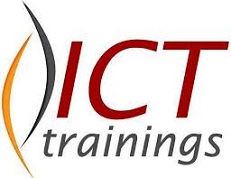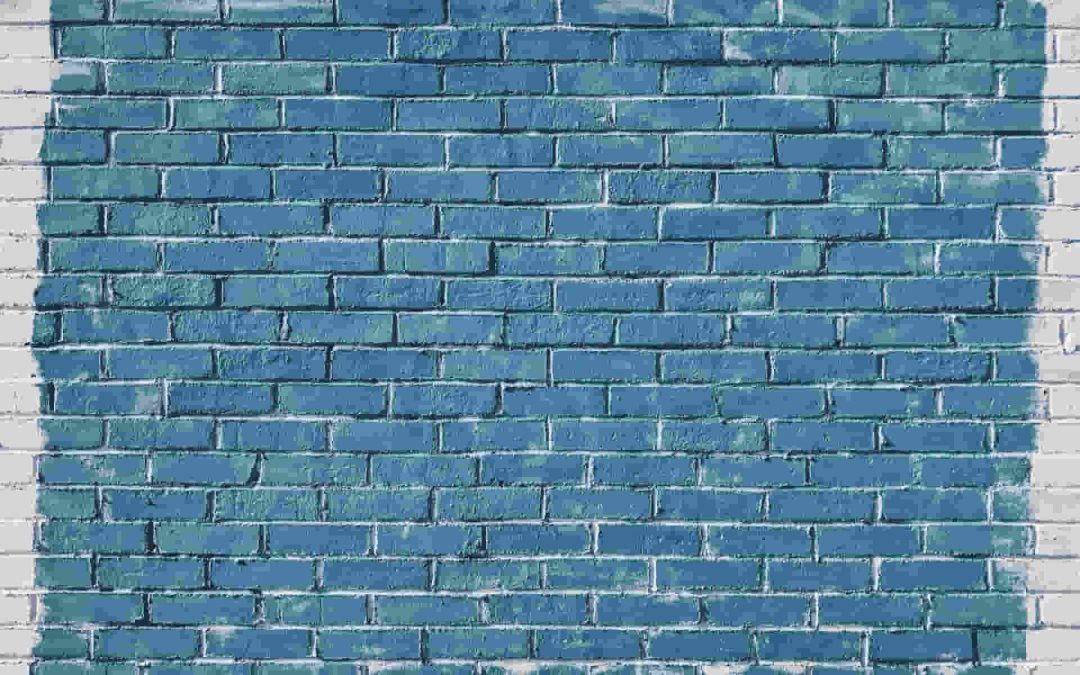Are you interested in understanding the differences between a web designer and developmer? We’re here to shed light on these expertise. This article will explore the critical distinctions between these two areas and valuable insights to help you make an informed decision. So, whether you’re embarking on a brand-new website venture or seeking minor adjustments, let’s dive in and equip you with the needed knowledge!
What is Web Design?
At its core, web design involves website creation and aesthetic presentation. It encompasses a website’s layout, visual elements, and user experience. A web designer’s primary objective is to combine creativity and functionality to deliver an engaging and user-friendly website.
Typically, a web designer collaborates closely with clients to understand their vision and goals for the website. This collaborative process allows the designer to develop a comprehensive plan that aligns with the client’s requirements. Once the plan is approved, the web designer proceeds to craft the necessary content and designs the interface. The final step involves submitting the completed website for review and validation by the client’s technical team. You can launch the website online if all goes well, and ready to captivate its intended audience!
What is Web Development?
On the other hand, web development revolves around the technical implementation of a website or web application. It encompasses a broader scope, including a website’s design and coding aspects. Web developers utilize a variety of programming languages, such as HTML, CSS, and JavaScript, to bring the website’s functionalities to life.
Web development plays a pivotal role in creating dynamic and interactive websites. Developers have the expertise to handle the intricate coding required to enable user interactions, database management, and other advanced features. With the increasing demand for online services and products, web development has become a highly sought-after skill. Learning web development not only equips you with a valuable toolset but also positions you well for the future job market.
Choosing Between Web Design and Web Development
Now that we’ve explored the essence of web design and development, you might wonder how to choose between the two for your business needs. Here are a few tips to help you make an informed decision:
Identify Your Goals
Determine the primary objectives of your website. Web design might be the right fit if you focus on visual presentation, user experience, and overall aesthetics. On the other hand, web development is essential if you require advanced functionalities, interactivity, and database management.
Consider Your Skill Set
Assess your existing skills and expertise. If you have a flair for design, an eye for aesthetics, and enjoy crafting visually captivating websites, web design might align well with your talents. Conversely, if you possess a logical mindset, enjoy problem-solving, and are inclined toward coding, web development could be your calling.
Collaboration and Team Size
Reflect on your working style and project scale. Web design often involves close collaboration with clients, incorporating feedback and vision. If you prefer working directly with clients and enjoy a more artistic and creative approach, web design might be the right choice. Conversely, web development often thrives in collaborative teams.
Seek Professional Assistance
When in doubt, consulting professionals or agencies specializing in web design and development is wise. They can provide personalized guidance based on your specific needs and goals, ensuring you make an informed decision.
Mastering the Skills of a Web Designer
If you aspire to become a web designer, acquiring a solid foundation in essential skills is crucial. Let’s explore the critical skills required for a web designer and discover some valuable resources to help you kickstart your journey.
Graphic Design and Development Skills
Web designers should possess excellent graphic design skills, allowing them to create visually appealing layouts and graphics. Familiarity with web development languages like HTML and CSS is essential to transform designs into functional web pages. Online courses focusing on HTML and CSS can provide a solid foundation, guiding you through the intricacies of web design and development.
Web Design Resources
Staying up-to-date with the latest web design trends is vital. Online resources such as tutorials, articles, and design blogs offer valuable insights into best practices and emerging techniques. By immersing yourself in these resources, you can continuously refine your skills and expand your design knowledge.
Web Hosting Platforms and Databases
Understanding various web hosting platforms and databases is crucial for a web designer. This knowledge enables you to create high-quality websites that perform optimally on different devices. Explore online documentation and tutorials specific to popular hosting platforms and databases to familiarize yourself with their features and functionalities.
The Journey of Being a Web Developer
The web development field offers many opportunities driven by a diverse skill set. Let’s delve into the essential skills required for a web developer and discover how you can acquire them.
Strong Coding Skills
Web developers should possess a strong command of HTML and CSS, as these are fundamental languages for building websites. You can become proficient in creating well-structured web pages by honing your coding skills through practice and online resources.
Familiarity with Programming Languages
Web developers work with various programming languages, each serving a specific purpose. Familiarity with languages such as PHP, JavaScript, Ruby on Rails, and Android Java Development can expand your capabilities and open doors to diverse projects and industries. Online courses and tutorials tailored to these languages can provide structured learning experiences.
Excellent Problem-Solving Skills
Web developers encounter challenges that require quick and efficient problem-solving. Developing your problem-solving skills through coding challenges, puzzles, and real-world projects can enhance your ability to troubleshoot and find practical solutions.
Design Skills
While web designers focus primarily on visual aesthetics, web developers should also possess a good eye for design. Familiarity with design principles and tools allows developers to collaborate effectively with designers and ensure the visual integrity of websites. Online resources offering design tutorials and templates can help refine your design skills.
Expertise in Search Engine Optimization (SEO)
Web developers often play a role in optimizing websites for search engines. Understanding SEO techniques and best practices can enhance the visibility and accessibility of websites. Explore online guides and resources dedicated to SEO to grasp the fundamental principles and strategies.
You can forge a successful career in these exciting fields by cultivating, continuously learning, and adapting to the evolving landscape of web design and development. Embrace the abundance of online resources, engage in practical projects, and never stop exploring and expanding your skill set. A web designer or developer’s journey is constant growth and discovery!
The Designers’ & Developers’ Similarities
Web designers and web developers share commonalities in their skill sets and tools:
- Proficiency in HTML, CSS, and JavaScript: Both web designers and web developers need a solid understanding of these core programming languages.
- Software and Tools: They utilize graphic design software like Adobe Photoshop, code editors, and prototyping tools to create their designs and develop websites.
- Educational Background: Web designers typically have a degree in graphic design or a visual arts-related field, while web developers often have a degree in computer science or engineering.
In conclusion, while web designers and developers have distinct roles, they overlap in certain areas. Their combined expertise contributes to creating functional, visually appealing, and user-friendly websites. Whether you’re inclined toward design or development, honing your skills and staying updated with the latest industry trends will set you on a path to success in the dynamic web design and development world.

